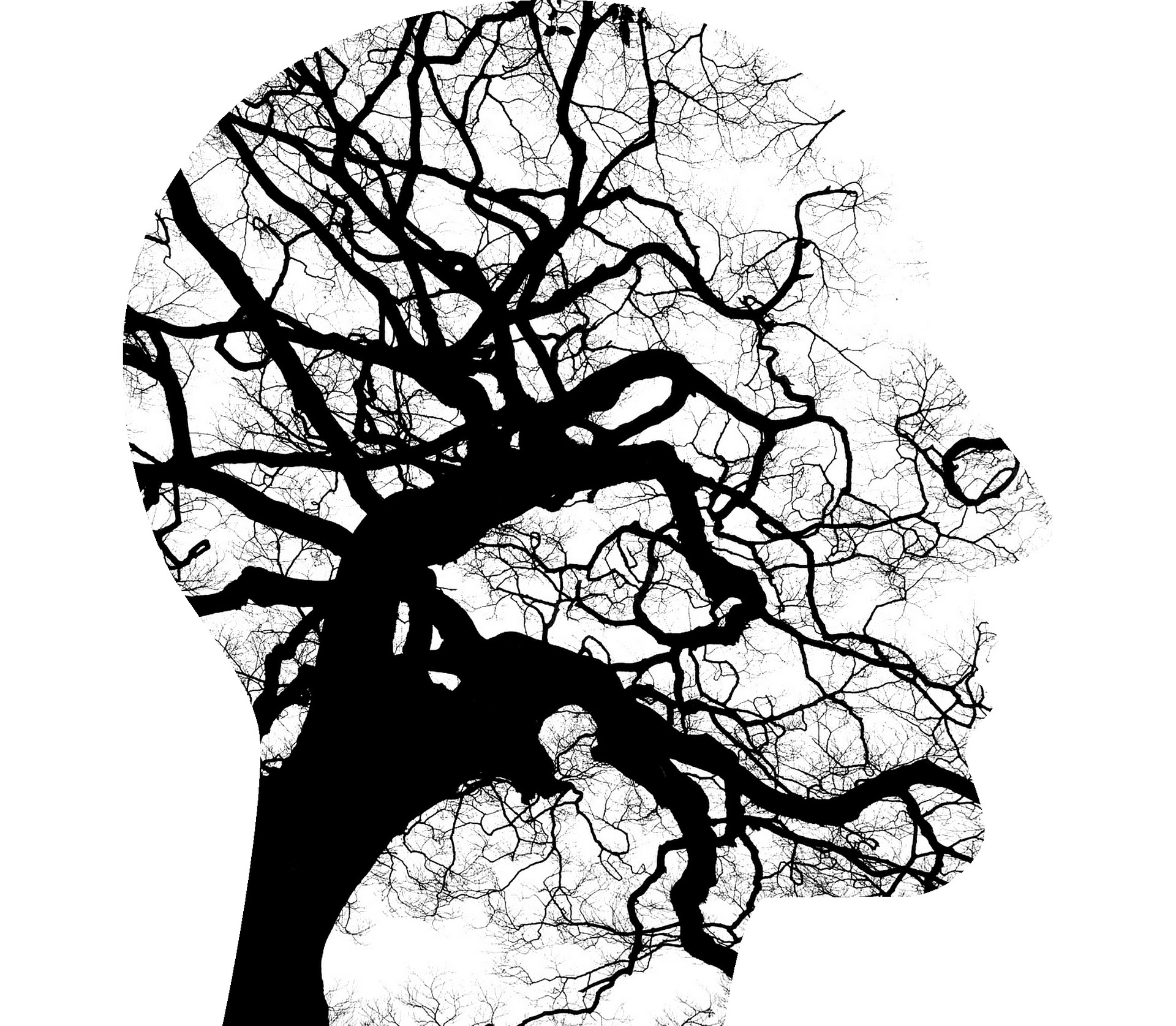If you walk around dispose to believe of any problem that it is me, it is going to last forever, it is going to undermine everything I try, you are set up for depression. But just because you may be disposed to think this way does not necessarily mean you frequently utter such thoughts to your self. Some people do, some don’t. People who mull over bad events are called Ruminators.
A ruminator can either be an optimist or a pessimist. Ruminators who are pessimist are in trouble. Their belief structure is pessimistic and they repeatedly tell themselves how bad things are. Other pessimist are action oriented and do not ruminate, they have pessimistic explanatory style, but they do not talk to themselves much at all. When they do it is usually about what they plan to do not about how bad things are. when a clients comes into therapy he was not a pessimist alone she was a ruminator as well. She brooded about her marriage, her children and most destructively herself, and her depression itself. Usually a pessimist and a ruminator would make statements like Happyho also provide best Meditation classes in Noida and Delhi NCR India area.
“But now I don’t want to do nothing…..”
“It is just really bad for me, I have got the blues constantly. I am not a crying person – I don’t cry unless there is a real good reason – but, Jeez, this time somebody says something I don’t like, I start crying”
“I can’t take this……”
“I am not a very affectionate person”
“My husband won’t leave me alone. He just bugs me. I wish he would not be like that. ”
The client had succumbed to non stop rumination and unbroken string of sour musings with no action statements at all. It was not her pessimism alone that was fuelling her depression it was rumination too.
Here is how the pessimism – rumination chain leads to depression. First, there is some threat against which you believe you are helpless. Second, you look for the threat’s cause, and, if you are pessimist, the cause you arrive at is permanent, pervasive and personal. Consequently, you expect to be helpless in the future and in many situations, a conscious expectations that is the last link in the chain, the one triggering depression.
The expectation of helplessness may arise rarely or it may arise all the time. The more you are inclined to ruminate the more it arises. The more it arises, the more depressed you will be. Brooding, thinking about how bad things are, starts the sequence. Ruminators get this chain going all the time. Any reminder of the original threat causes them to run off the whole pessimism – rumination chain, right through to the expectation of failure and into depression.
People who do not ruminate tend to avoid depression even if they are pessimist. For them the sequence runs itself of infrequently. Optimist who ruminate also avoid depression. Changing either rumination or pessimism helps relieve depression. Changing both helps the most.
We find then that pessimistic ruminators are most at risk for depression. Cognitive therapy limits rumination as well as creating an optimistic explanatory style. Here is what a client may sound like at the end of therapy.
“I don’t want a full time job, I just want something part time, four hours a day so I don’t have to sit in the house all day. ….” (Action)
” I will feel like I am contributing to the income so if we want to go somewhere we can go” (Action)
“I kind of like to do spur of the moments things every once in a while ” (Action).
She no longer ruminated about bad events continually, and her speech was now peppered with action statements. This is what a timely positive psychology intervention can do to tackle depression. It is important to understand the contributing factors for depression for building a lasting happiness.





